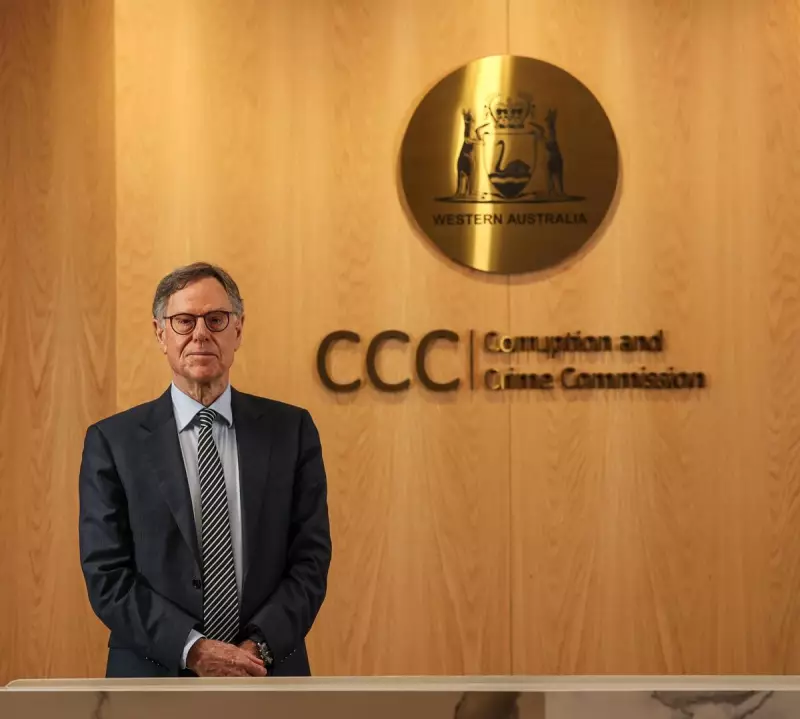
Western Australia's newly appointed corruption watchdog commissioner has issued a stark warning about the alarming misuse of government databases, revealing that public servants are illegally accessing private information to stalk their former partners.
Systemic Misuse of Private Information Uncovered
Lindsay Hale, who assumed the role of Corruption and Crime Commission (CCC) commissioner in December, expressed serious concerns about the widespread nature of this privacy violation. The commissioner confirmed that accessing confidential information for personal purposes, particularly to monitor or harass former intimate partners, represents a significant pattern of misconduct within the public sector.
"What we see is people accessing information for private purposes, and that can be to stalk former partners," Mr. Hale stated during his first media briefing since taking office. The 58-year-old former police officer brings extensive experience to the role, having previously served as the Public Sector Commissioner.
New Commissioner's Tough Stance on Corruption
Mr. Hale's appointment follows the controversial departure of his predecessor, John McKechnie, and comes at a critical time for the watchdog organization. The new commissioner emphasized that such data breaches constitute serious corruption under Western Australian law and will be treated accordingly.
The CCC has identified this type of information misuse as a recurring problem that undermines public trust in government institutions. Mr. Hale warned that any public officer found guilty of improperly accessing or using confidential information would face severe consequences, including potential criminal charges and dismissal from their position.
"This isn't just a minor breach of protocol - it's a fundamental violation of the public's trust and people's right to privacy," the commissioner emphasized. He noted that the commission has observed multiple cases where government employees used their access privileges to obtain personal details about former partners without authorization.
Broader Implications for Public Trust and Security
The revelation highlights significant vulnerabilities in how sensitive information is protected within government agencies. Mr. Hale's comments suggest that current safeguards may be insufficient to prevent authorized users from misusing their access privileges for personal purposes.
This type of misconduct represents a dual threat - it both endangers individual citizens' safety and security while simultaneously eroding confidence in public institutions. The commissioner indicated that addressing this issue would be a priority during his tenure, with potential reforms to monitoring systems and access controls.
The CCC's warning serves as a crucial reminder about the importance of robust data protection measures and the need for constant vigilance against insider threats. As government agencies collect and store increasing amounts of personal information, the potential for misuse grows correspondingly.
Mr. Hale concluded by urging anyone who suspects their information may have been improperly accessed to come forward, assuring that the CCC takes all such allegations seriously and will investigate them thoroughly.





